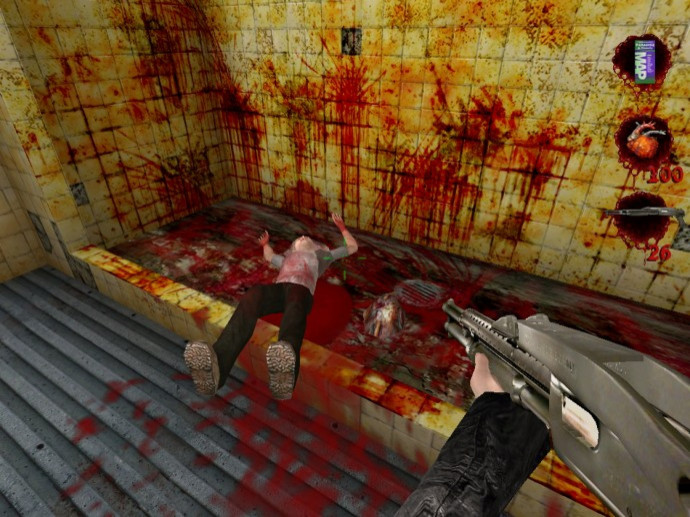Video Game Industry Gets Huge Win Over California Law

The Supreme Court sided with the video game industry in a landmark ruling which said California lawmakers couldn't make the selling of violent video games illegal.
In a 7-2 vote, Justice Antonin Scalia delivered the opinion of the majority saying the California state law does not comply with the First Amendment. The law, put into place in 2005 by then governor Arnold Schwarzenegger, did not allow merchants to sell any video games that showed killing, maiming, dismembering or sexually assaulting an image of a human being. Any merchant that was caught doing so would be fined $1000.
The Case was The State of California vs. The Entertainment Merchants Association and the Entertainment Software Association. The law, signed by Schwarzenegger, was struck down by a federal appeals court last year. It was then taken to the Supreme Court by the State of California.
California's argument would fare better if there were a long standing tradition in this country of specially restricting children's access to depictions of violence, but there is none. Certainly the books we give children to read-orread to them when they are younger-contain no shortage of gore, Justice Scalia said.
Scalia said there is a history of gore in books, films and TV shows. He considered video game an art equal to those mediums that deserve equal protection. In the argument he recognized that reading Dante is unquestionably more cultured and intellectually edifying than playing 'Mortal Kombat, but regardless, they deserve the same protection.;
Justices Clarence Thomas and Stephen Breyer dissented. Thomas said children did not deserve the same access to free speech as adults. Breyer looked at the hypocrisy between access to sexual content and violent content.
What sense does it make to forbid selling to a 13-year-old boy a magazine with an image of a nude woman, while protecting a sale to that 13 year-old of an interactive video game in which he actively, but virtually, binds and gags the woman, then tortures and kills her? What kind of First Amendment would permit the government to protect children by restricting sales of that extremely violent video game only when the woman-bound, gagged, tortured, and killed-is also topless? Breyer said.
The case has been going on for several years and it is a hallmark victory for the video game industry. In a statement, Michael D. Gallagher, president and chief executive of the ESA, which represents the U.S. computer and video game industry, said this victory was a huge one for video game artists.
This is a historic and complete win for the First Amendment and the creative freedom of artists and storytellers everywhere. Today, the Supreme Court affirmed what we have always known - that free speech protections apply every bit as much to video games as they do to other forms of creative expression like books, movies and music, Gallagher said. The Court declared forcefully that content-based restrictions on games are unconstitutional; and that parents, not government bureaucrats, have the right to decide what is appropriate for their children.
The ESA's argument was that if the government restricted the sale of violent video games it would bleed over into other mediums. California attempted to tie in violent video games with malicious behavior from children. They used evidence from various psychologists. The Court said this evidence was not sufficient and agreed with the ESA.
Follow Gabriel Perna on Twitter at @GabrielSPerna
© Copyright IBTimes 2024. All rights reserved.





















